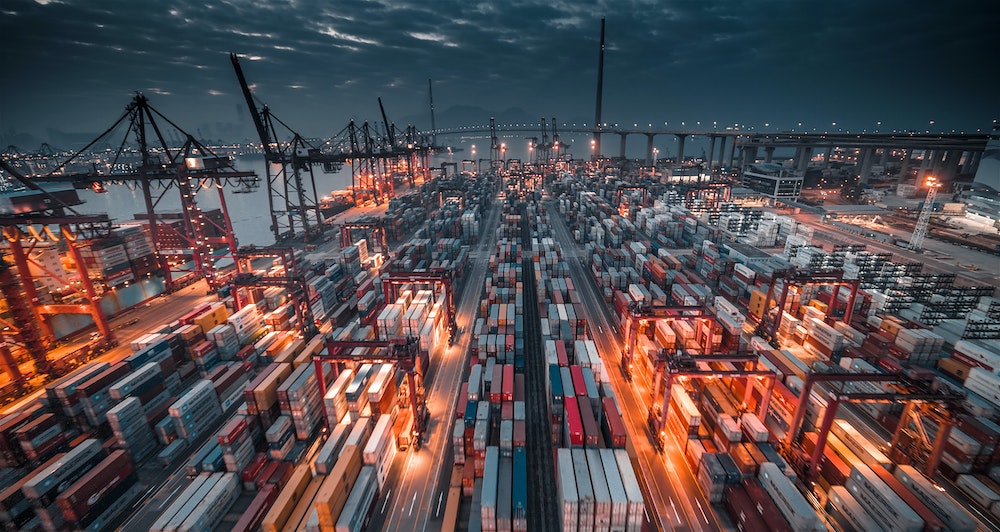For more than six months, the International Longshore and Warehouse Union (ILWU) and the Pacific Maritime Association (PMA) have been striving to come to an agreement that is acceptable to both sides. The ILWU contract negotiation affects 22,000 employees at ports along the Western US coast, including Los Angeles and Long Beach, two of the busiest. One of the biggest points of contention center around automation and how the ILWU doesn’t feel port operators are supporting it in conflicts with other unions.
The Basis of the ILWU Contract Negotiation Issue
While the major issue of the ILWU contract negotiation is between the ILWU and the PMA, there’s another challenge. PPAI Media reported in November that the ILWU has accused SSA Marine and the International Association of Machinists and Aerospace Workers of “misrepresenting which union can perform ‘cold ironing’ work—the process of attaching a ship in port to shore power.”
Due to the ongoing disagreements and disputes, workers have already walked out. On November 2, for instance, three Port of Oakland terminals closed during the day shift. Although that particular walkout was organized by the local ILWU chapter, it could be a sign of more unrest and potential strikes.
What If an Agreement Is Not Reached?
The most recent contract between the ILWU and the PMA expired in July 2022, and since May, they’ve been going back and forth to seek common ground. If an agreement cannot be reached, there could be disruptions at the key West Coast ports. That could put us back to the port congestion we saw during the pandemic, when carriers were anchored offshore for weeks at a time. Even now, some companies are choosing alternative routes to avoid the area and any potential shutdowns or delays.
What if the worst happens and an ILWU contract negotiation cannot be resolved? That might mean a strike and given how such a stoppage of work would affect the supply chain, President Biden may have to step in, as he did with the railroad strike. He could implement the Taft-Hartley Act, which puts in place an 80-day truce of sorts.
The Future for West Coast Ports
At the beginning of 2023, CNBC reported the results of a supply chain survey of logistics managers they had conducted in December and found that nearly a third of them are still undetermined how much trade they plan to route back through West Coast ports should the ILWU contract negotiation be resolved. Respondents came from across various industries, and just shy of half said their companies were not diverting trade away from the Western US at that time.
Another question in the survey touched on how long logistics managers felt the dispute would continue to disrupt the supply chain. More than half shared that they don’t feel the supply chain will return to normal until 2024—or later. That sentiment is shared by AgriBusiness Global, who says 2023 likely won’t be the year everything gets worked out.
Trust Cyclone Shipping to Stay Ahead of the News
At Cyclone Shipping, we do much more than ensure your shipments get from point A to point B on time. We stay on top of current events, including the ILWU contract negotiation, supply chain issues, and anything else that comes our way. We do this because we know that our clients don’t have time to worry about what’s happening in the shipping world; that’s our job.
If you’re concerned about the direction the shipping industry is headed, it might be time to work with a freight forwarder. Contact us to learn more.




